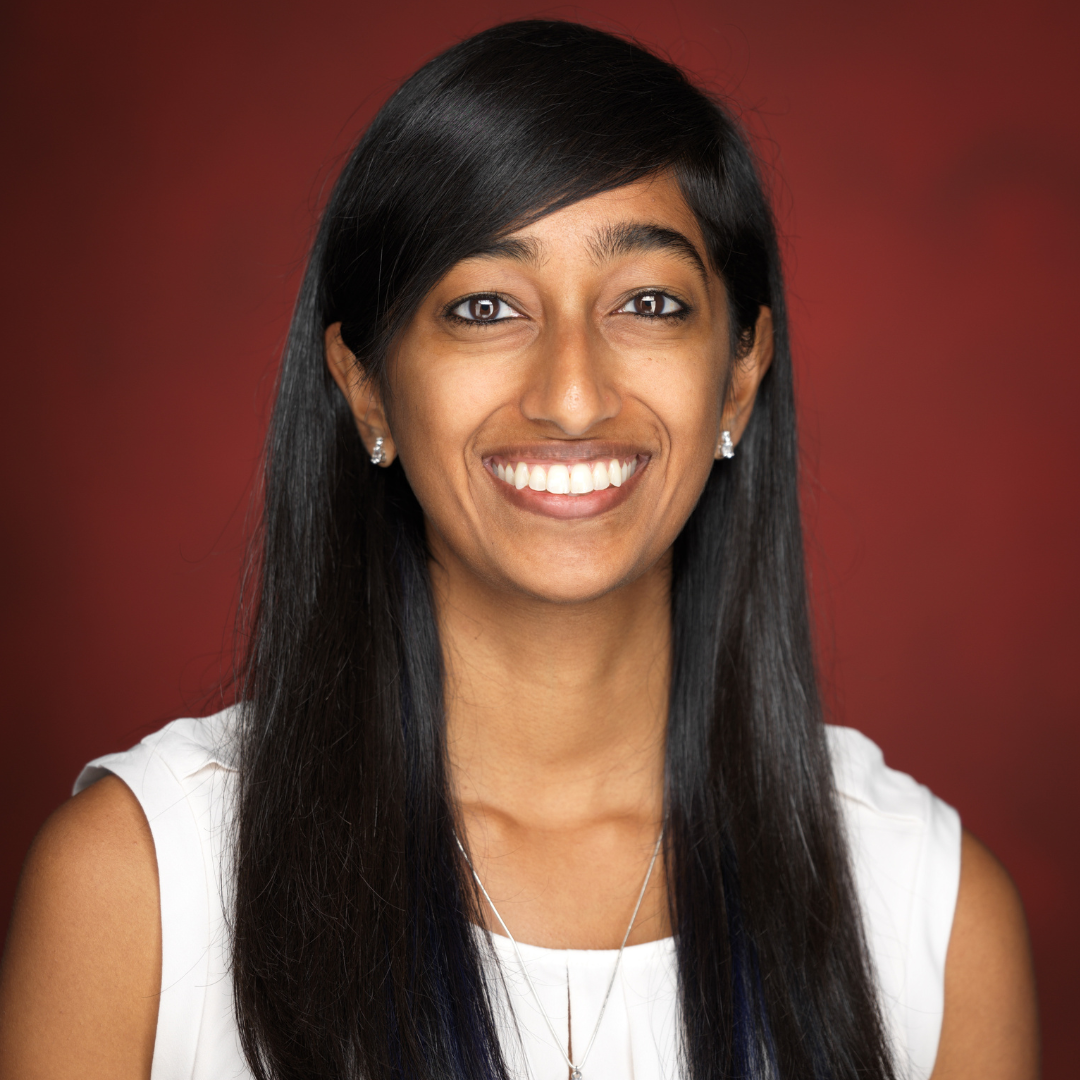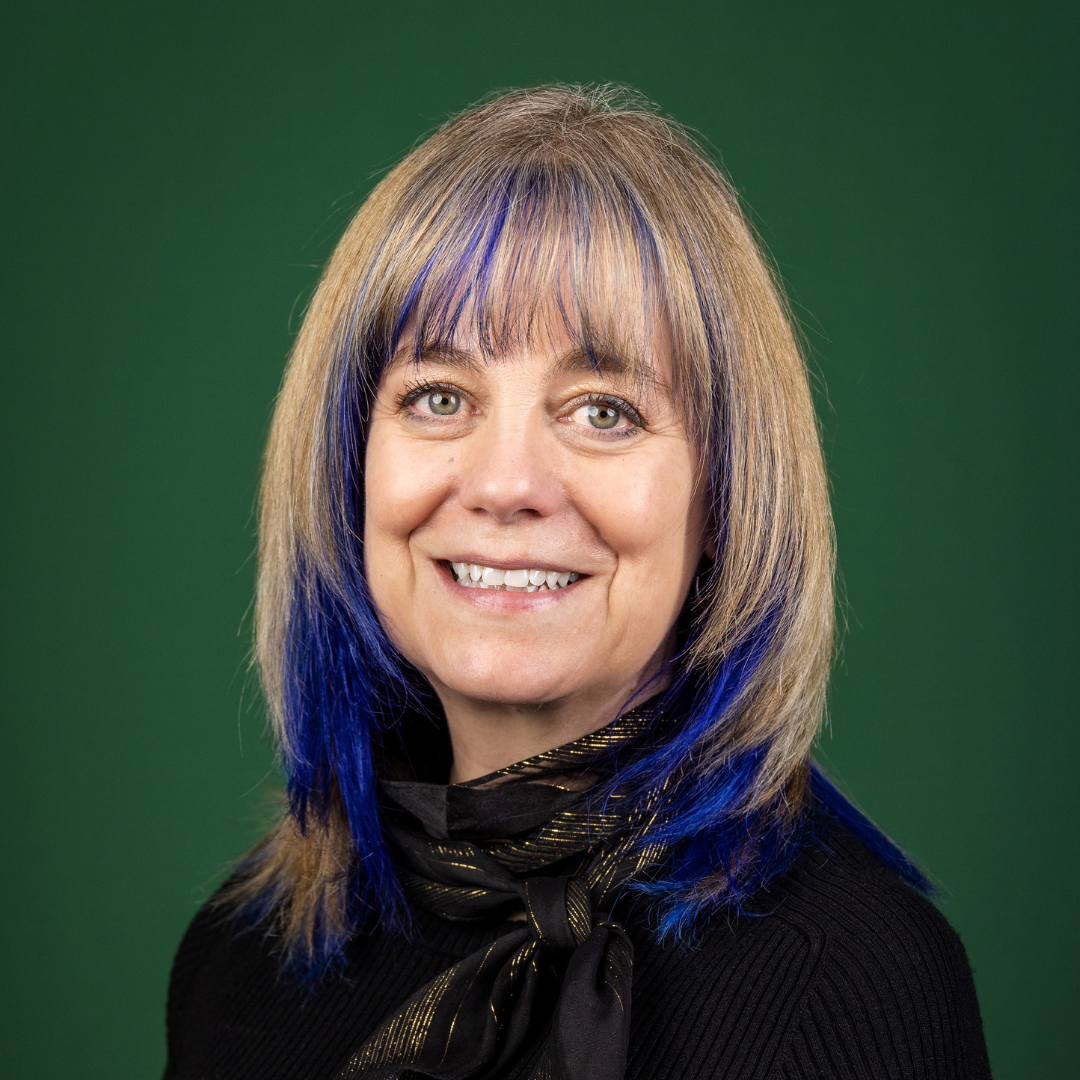Joseph R. Royce Research Conference
The Joseph R. Royce Research Conference showcases psychology research conducted in the Department of Psychology and in the broader university and Edmonton community.
We invite you to present your psychology research at the Joseph R. Royce Research Conference, to be held on April 5, 2024 in the Biological Sciences Building Central Wing. Joseph R. Royce Research Conference showcases research in the Psychology Department at the University of Alberta and psychology research in the broader university and Edmonton community.
We invite submissions from anyone who has research to present on any aspect of psychology. We ask for your help in spreading the word, especially to graduate and undergraduate students. This is a great way to learn about the diverse range of psychology research conducted on campus, and also to find out about research that students may want to contribute to themselves.
Program:
| 08:30 - 09:00 | Poster setup & Breakfast |
| 09:00 - 10:00 | Invited internal speaker (Dr. Kim Noels) |
| 10:00 - 10:45 | Poster session 1 & coffee break |
| 10:45 - 11:45 | Talk session 1 |
| 11:45 - 13:00 | Lunch |
| 13:00 - 14:00 | Talk session 2 |
| 14:00 - 14:45 | Poster session 2 & coffee break |
| 14:45 - 15:45 | Talk session 3 |
| 16:00 - 17:00 | Keynote address (Dr. Sharda Umanath) |
Keynote Speaker: Dr. Sharda Umanath

Claremont McKenna College
Sharda Umanath is an Associate Professor in the Department of Psychology at Claremont McKenna College. Her research focuses on how knowledge works in memory and explores related issues involving cognitive aging, autobiographical memory, collective memory, false memories, and education.
Collective Memories Can Change: Generational Differences and Mental Time Travel in the U.S. and Germany
Abstract:
Collective memories refer to a group’s shared representation of the past. They are slow to change over time but do change. To investigate such potential shifts, representative samples of American and German Younger Adults (YAs) and Older Adults (OAs) rated the emotional valence of 12 national historic events for their country in a series of studies. Additionally, both age groups were then asked to mentally time travel. First, OAs reported their past emotional valence on the same events, and YAs provided ratings of their imagined future emotional valence. The results indicated that YAs and OAs hold differing opinions on numerous events today, suggesting shifting public perceptions between generations. Mentally traveling back in time, OAs also perceived changes in their own opinions about the events. YAs, on the other hand, anticipated few changes in the future. We then continued to explore the lack of anticipation of change in the future, a potential extension of “the end of history illusion” in collective memory. Notably, perceived changes in collective remembering of a country’s history do not necessarily follow the same trajectory everywhere. Understanding these changes can provide insight into how collective memories and national identities shape one another.
Invited Internal Speaker: Dr. Kim Noels

University of Alberta
Kim Noels is a Professor in the Department of Psychology at the University of Alberta. Her research interests focus on the social and cultural psychology of language and communication processes, particularly as they pertain to intercultural relations and communication.
Gender and Language Education: Understanding Men's (Dis)Engagement in a Female-Dominated Field
Abstract:
Across Canada, Britain, USA, Australia and many other countries, there is a significant gap in the number of women and men enrolled and succeeding in language courses. Although considerable effort has been directed to understanding the lower rates of enrollment and achievement of women in STEM areas, less attention has been focused on learning why men are unlikely to engage in female-dominated fields like language education. To this end, 147 men and women enrolled in a language course (i.e., language learners) and 197 men and women not enrolled in a language course (i.e., non-learners) were compared on several variables demonstrated to predict engagement and success in a language course (e.g., self-determination, mindsets, identity), as well as measures of gender ideology, stereotypes and identities. The results of means comparisons showed that there was little difference in the language and gender variables across men and women language learners and women non-learners. Male non-learners, however, scored significantly higher on traditional gender ideology measures. A second study compared 95 male learners and 257 male non-learners on a wider range of language and gender variables, and largely replicated the findings of the first study. A path analysis based on Expectancy-Value Theory showed that enrollment in language classes was directly associated with both expectancies for success at language learning and valuing of foreign language learning. These results suggest that gender ideologies play an important role in explaining men’s lower engagement, and may point to possible interventions to improve gender equality in language education.
Royce Organizing Committee
| Norman R. Brown Chair | Anthony Singhal |
| Lynn Anderson-Cook | Llyn Madsen |
| Nicole Kiffiak | Öykü Ekinci |
| Eamin Zahan Heanoy | Malek Doughan |
| Anna Romero | Julia Self |
| Hao Zheng | Jenna Mohler |
| Maya Abdulhak | Shahzad Moin |